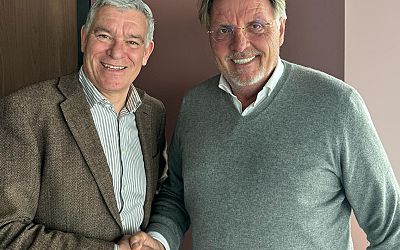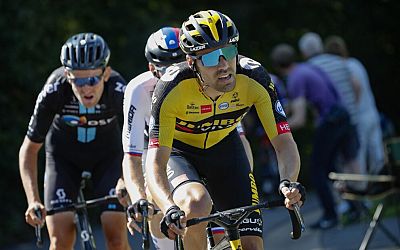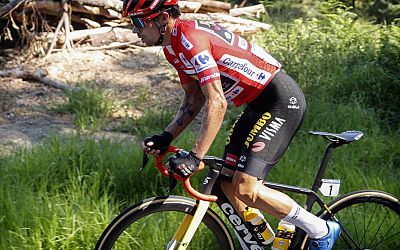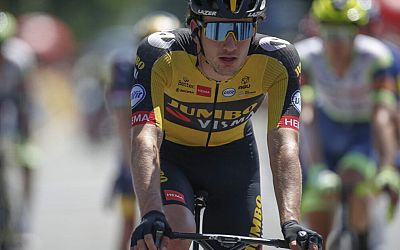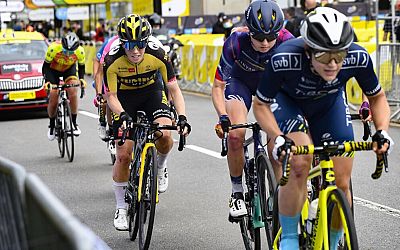Interview with physiotherapist Bram about hygiene in physiotherapy practices.
The past year and a half consisted of COVID-19, lockdowns and related measures, and hygiene has become an important part of our society. It was an uncertain time for physiotherapists. Is their profession a non-essential contact profession, or a medical one? What measures have been taken and what has changed with regard to hygiene? In this interview, I talk to physiotherapist Bram van Huizen of Medical Center Hoog Lede about this period full of changes and measures.
The physiotherapy practices in our country were closed for a number of weeks during the COVID-19 outbreak, but the government soon allowed them to open their doors again. What was this period like for you?
“We were labeled a contact profession in March 2020, so we had to close. We immediately started adapting and moved all appointments to online. We gave our patients digital advice and instructions based on their complaints, performed exercises together and talked about their progress. A new and unique experience, in which we took on a more coaching role. After 6 weeks, our profession was relabeled as a medical profession by the government, so luckily we were able to open our doors again under certain conditions and see patients in the flesh.”

How did the treatments look different from before the COVID-19 outbreak? “After the reopening in June 2020, we mainly saw many patients who were recovering from Covid-19 infection. We are currently still treating around 20-25 people who are recovering from Covid-19 infection between the ages of 22 and 65, who are in quite bad shape. This not only have physical problems, but also mental problems such as loss of concentration or difficulty processing certain information. It has quite an impact. We are both young and are not necessarily part of a high-risk group, but even when you are young, you can still end up in quite a state.”

What measures have you taken with regard to hygiene during this period?
“Internally, we had already tightened up the rules and agreed not to shake hands with patients anymore. In March, when the virus got more of a foothold in the Netherlands, people started canceling their appointments. They wanted to see how things would play out. After the reopening in June, we were allowed to basically do everything again. We had been labeled as a medical profession, and in the medical sector you do not have to keep 1.5 meters of distance, although of course we still did that as much as possible. When the infection rate rose again in September, many patients asked us whether they should wear masks during their appointment. After internal consultation, we as an organization chose to implement this as a rule. Normally, our exam tables are also covered with fitted sheets, but we've had to remove those. Patients were asked to bring their own towel, because otherwise we would have to put a new fitted sheet on the table after every treatment for hygiene reasons. Of course, our treatment rooms and practice rooms were all equipped with disinfection stations, hand gels and sufficient paper towels to clean objects.”
During the corona period, gyms had to close for a longer period of time and team sports such as football and hockey were also shut down. As such, people exercised a lot less. Have you seen a change in complaints?
“Certainly, in that we did not treat any sports injuries during that period. Now that sports are starting up again, we are gradually getting more sports injuries in our practice. Many complaints during this period arose from the fact that people were working from home. Not necessarily because of incorrect working posture, but mostly because when working from home, people tend to move around a lot less. You don't move around like you do in the office, where you would occasionally walk to the printer, coffee maker or colleagues' desks. People became a lot less active. Because all sports activities were eliminated, other complaints became much more prominent.”

Research has shown that 69% of visitors to a practice or treatment room consider hygiene to be the most important thing. What measures do you take to keep your practice clean?
“Our regular cleaning crew comes more regularly than usual, and everyone who comes in thoroughly disinfects their hands. After each patient visit, we thoroughly wash our hands and dry them with towel paper. And naturally, we keep the sports area really clean. We ask people to thoroughly clean the devices after use with a disinfectant spray and cleaning paper.”
Which hygiene products are essential in your practice and treatment room?
“The three essential products for us are water, soap and alcohol. Hand disinfectants in particular have become very important and are now indispensable in our practices. We also use disinfecting products to thoroughly clean the exam table and contact points after every patient visit. We use a lot of hygienic towel paper and disinfectant spray to do so. We actually use the cleaning paper from the Midi dispenser to dry and clean everything. Face masks were of course also very important, but we don't necessarily have to use them anymore, unless certain patients prefer us to do so."
Are there hygiene measures that are permanent?
“I couldn't say how we will be doing things in the future. Washing hands will always remain essential because our profession will always feature physical contact, but I can't say whether we will continue to disinfect our hands at the entrances. Personally, I think it's a nice feeling when patients disinfect their hands. I don't know if it will ever feel normal again to shake people's hands as a greeting. We'll have to wait and see."

The latest updates

Dimensio Group joins forces with MTS Euro Products and Boso. The combination generates €300 million in revenue from hygiene and packaging solutions.
15-09-2025What does this mean in practice? For customers: access to a broader product range, from sustainable packaging to hygiene and cleaning products, supported by an international net...

Marcel van der Zwan new CEO MTS Euro Products B.V. | Founder/Majority shareholder Gerrit Malipaard takes advisory role
13-02-2025Gerrit Malipaard: ‘With Marcel, we deliberately brought in someone from our region. He was born in Maassluis and lives in Maasland. As a result, he knows Euro Products well,...
 NL
NL  EN
EN  DE
DE 